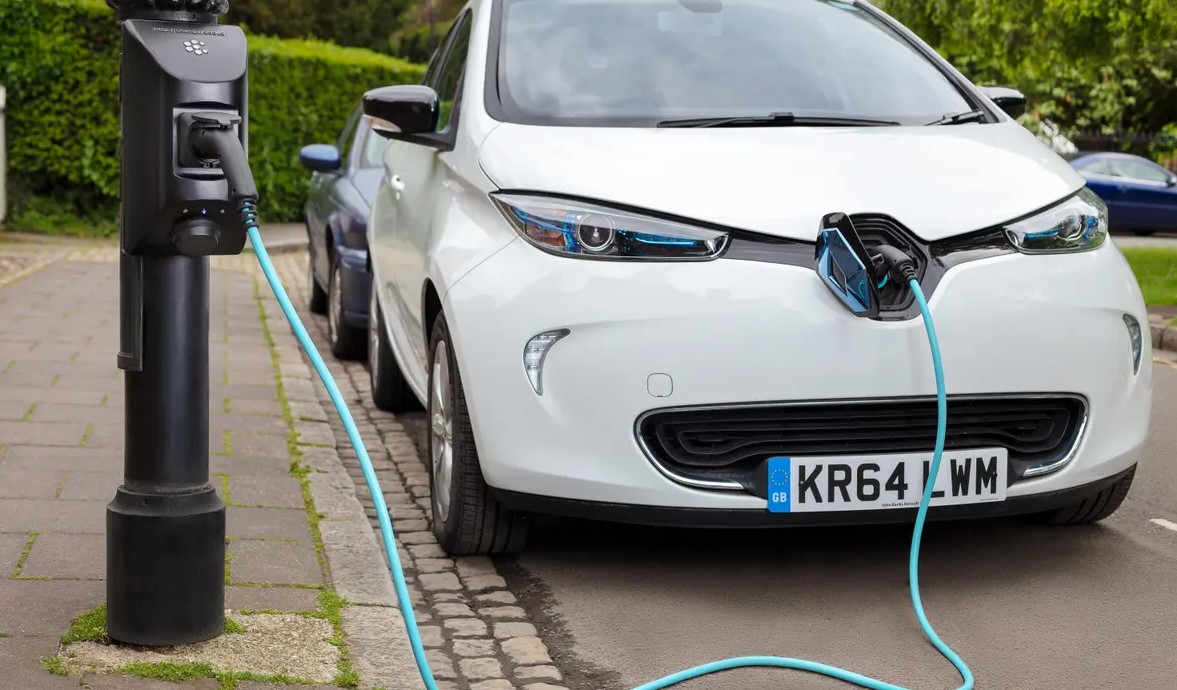While the popularity of electric cars has surged in recent years, it’s understandable that buyers are still concerned about making the switch to EVs. One of the common questions from buyers is how long do electric car batteries last?

EV battery
As the battery is a key component of an electric car, it can be very expensive to replace. However, the worry of replacing a battery should not be a great cause for concern for most buyers. Despite being a relatively new technology, most electric car batteries are designed to be robust enough to last for the serviceable life of a vehicle. However, there are many variables, including the mileage covered, the maintenance performed, how often you charge and the size of the battery.
An electric car will typically have to cover between 100,000 to 200,000 miles before the battery becomes inefficient to run, which is similar to the lifespan of a regular petrol or diesel powered car. While electric cars are still fairly new, there are several examples where owners have clocked up well over 200,000 miles using the original battery.
To help provide peace of mind, all manufacturers provide a separate battery warranty for their electric models. This warranty will typically offer around eight years of coverage for the battery, and will cover a replacement in the event of a complete failure. It’s worth noting that most warranties of this type don’t fully cover battery degradation, which is where a battery loses capacity as it ages – meaning driving range decreases. Typically, most car makers will only cover a degraded battery if it has lost more than 30% of its original capacity within the warranty period – anything below this is considered normal wear and tear.
Most warranties are also transferable to new owners when a car is sold, so used electric cars that meet the warranty criteria should be covered if something goes wrong. It’s worth checking the specific details of the manufacturer’s battery warranty before purchasing a new or used electric car though, to best protect yourself against any surprises further down the line. Some EVs have leased batteries, which are usually protected by a guarantee to replace them if the capacity drops below a set level.
How much does an electric car battery replacement cost?
If an electric vehicle’s battery does need to be replaced the owner could be looking at a bill of between £4,000 and £20,000, depending on the vehicle’s manufacturer, the car model and the size of the battery. However, replacing an EV’s battery will not cost the earth for most owners because the majority of vehicle manufacturers provide a standard warranty of eight years or up to 100,000 miles, whichever comes first.
It’s also worth considering that the price of electric car batteries has fallen significantly over the past decade: reports suggest that the average price of lithium-ion batteries fell by 80% between 2010 and 2016. Although this does not necessarily mean EV battery prices will continue to fall in the future, continued research and development of battery technology could result in further reductions to the price of EV battery packs.
So, in the unfortunate event that an EV suffers a battery-related problem in the future that is not covered by the manufacturer warranty, future battery prices could be more affordable than they are today.
There’s no guarantee that an electric car battery with problems will even need replacement. Battery repair is becoming more common with dealerships and independent specialists so there’s a chance of a fix rather than a wholesale replacement.
How many times can an electric car battery be recharged?
Electric car batteries naturally degrade over time as a result of charging cycles, meaning the maximum available range of an EV will decline each time the battery depletes to 0% and is recharged back up to 100%. This effect occurs across all devices that use lithium-ion batteries, including smartphones. The result is a reduction in total battery capacity, meaning the mileage available in battery powered cars falls over time with use.
Most manufacturers believe that an EV battery should still have around 70% of its original capacity by the end of the typical eight-year warranty. An EV battery pack that is used for eight years would probably go through between 1,000-1,500 charge cycles during this period, at which point the battery may have lost around 30% of its available range.
Manufacturers advise that an electric car’s battery life can be extended drastically by only charging it to a maximum of 80% capacity and not allowing it to fall below 20%. Many electric vehicles now include software that lets owners choose to prevent battery charging above 80% even when the car is plugged in for long periods of time. Adhering to this charging strategy will help protect the cells in the battery from degradation and also speed-up charging times.
How long do electric car batteries last on a single charge?
While charging an EV’s battery to a maximum of 80% is the best option for its long-term health, topping up to 100% charge will unlock your EVs maximum range. Each electric car has a different top-end range which is dependent on a range of factors including the size of the battery pack and the efficiency of the vehicle itself.
Vehicles equipped with larger battery packs usually offer a greater range but typically cost more than entry-level models with smaller battery packs.
On average, fully charged electric car batteries are good for a range of between 150 and 400 miles depending on the vehicle, however, car makers are constantly developing battery technology and the maximum range of electric vehicles is increasing every year.
What happens to electric car batteries at the end of their life?
As we have just found out, electric car batteries don’t last forever. At some stage following continuous and prolonged use, the cells within the battery will be unable to store the energy required to make them a viable source of fuel to power an electric vehicle.
Fortunately, the valuable materials within the battery can be recycled. Used EV batteries can be repurposed for energy storage to be used in factories, shopping centres, homes or anywhere else that requires electricity to be stored . This helps to reduce the pollution caused by disposing of electric car batteries at the end of their life.
If an EV’s battery is expended to the point where it can no longer be repurposed, it can be dismantled and broken down into a fine powder and the valuable raw minerals, such as lithium, can be extracted to create new products including new car batteries.

